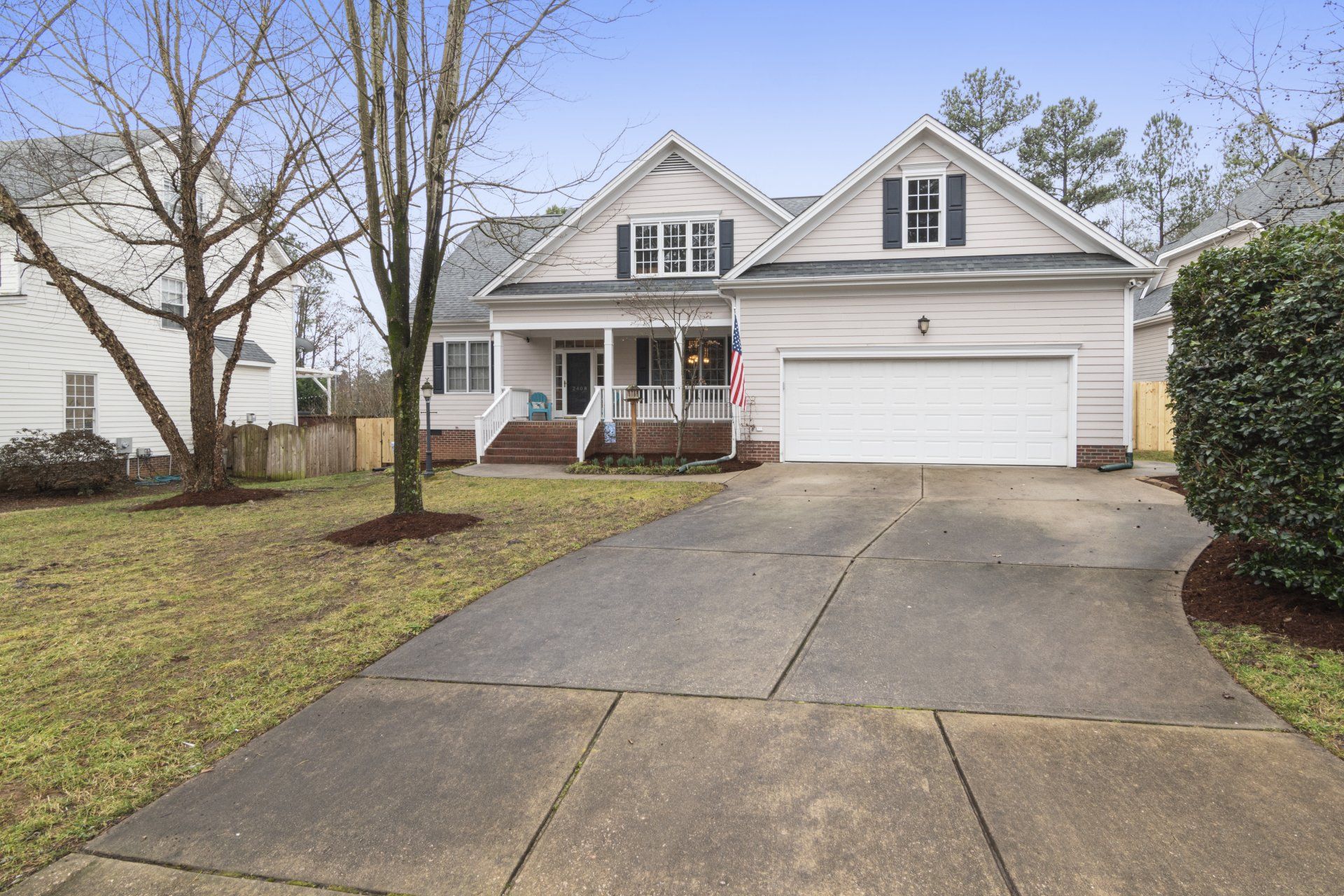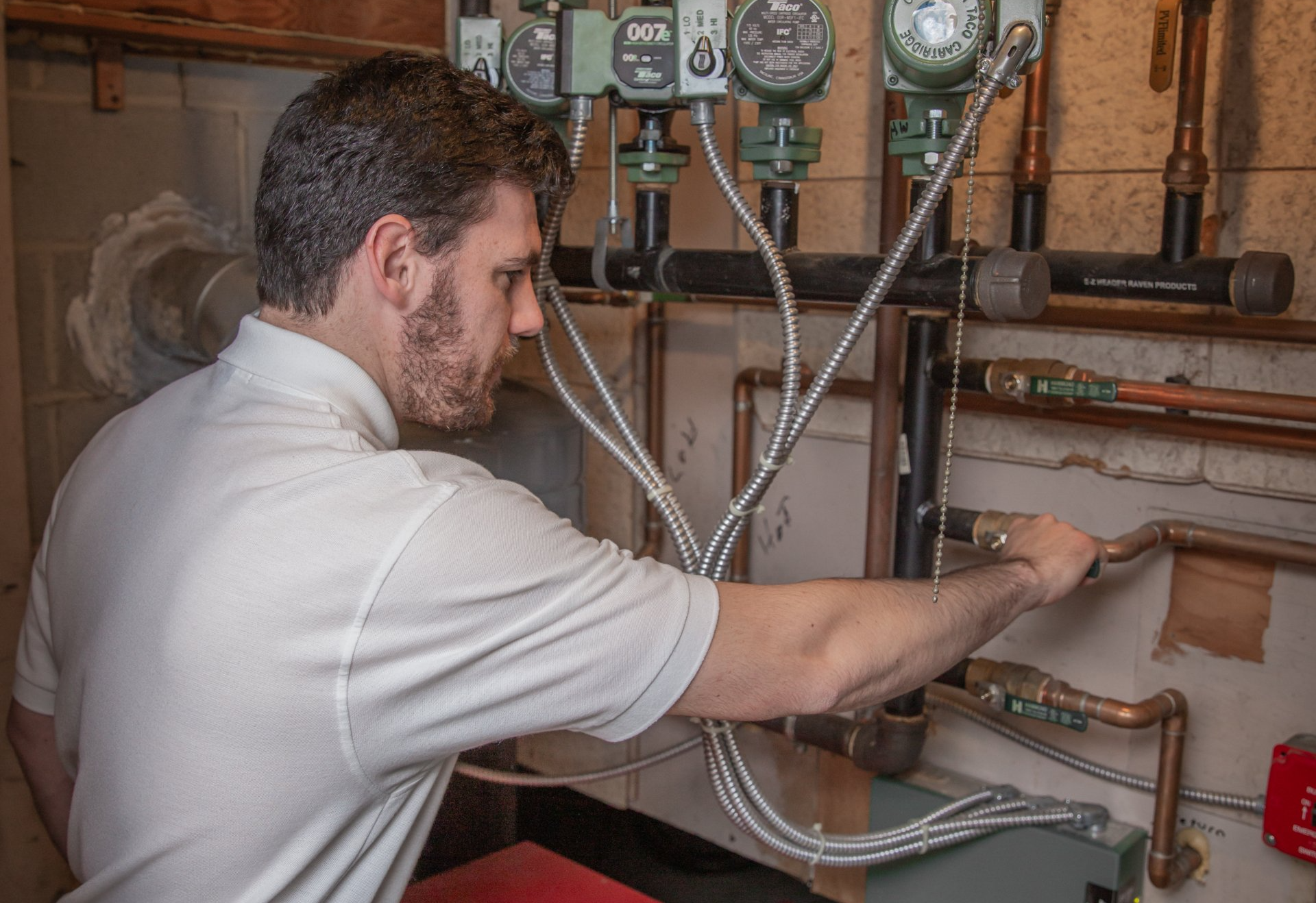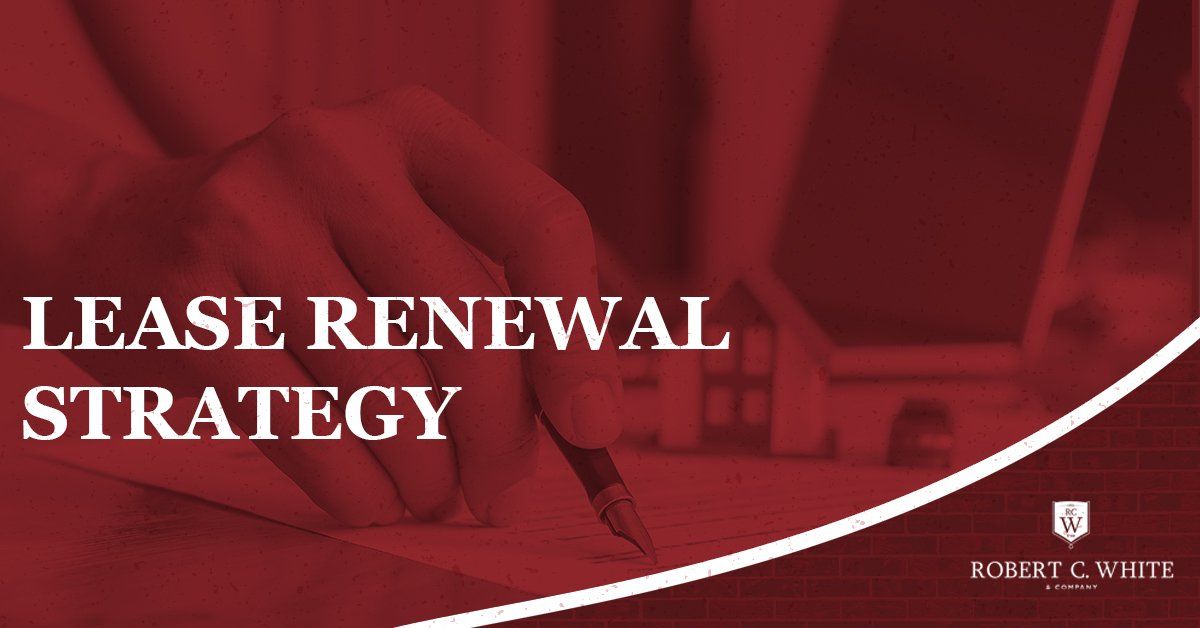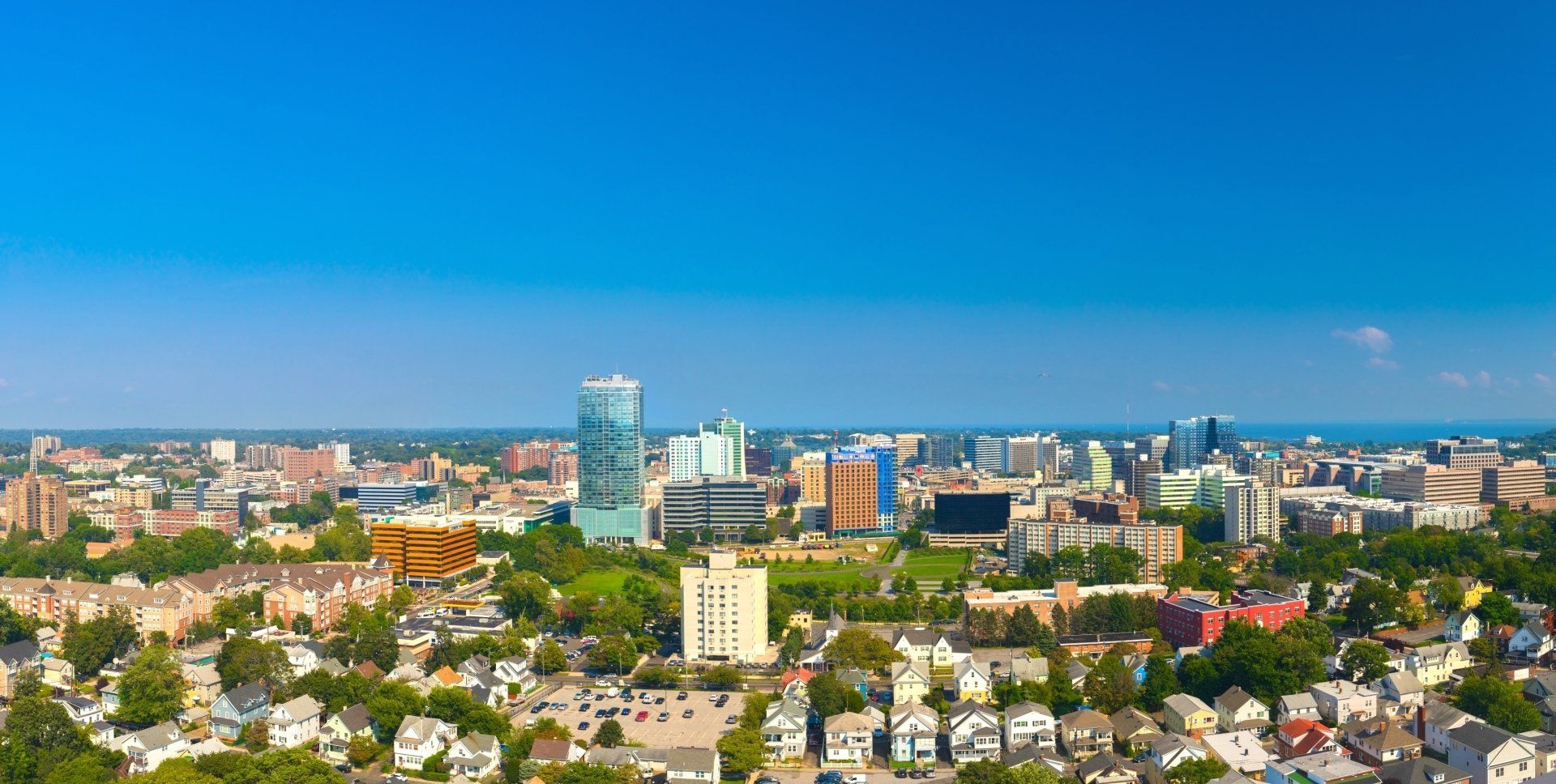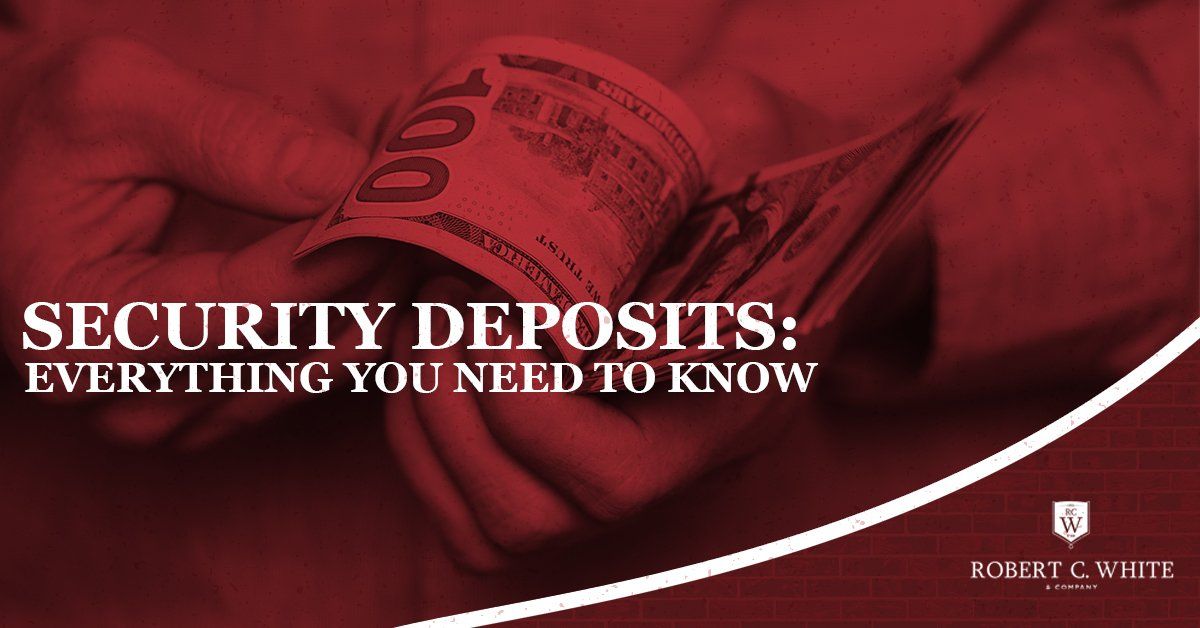Contact Robert C. White & Company
Does a Property Manager Make Sense For You In 2022?
What Do Property Managers Do? How Can Owners Benefit?

What is Property Management? What Do Property Managers Do?
If you’re already a landlord then you probably have an understanding of what property managers do! We’re like you, accept that we’re a “landlord-for-hire,” not for our own property, but for investors that don’t have the time or experience to handle their own day-to-day management!
Defined simply, property management is daily oversight and operation of residential and commercial real estate by a third party, on behalf of a property owner. Property management is still a relatively young industry, and one that many investors and landlords are yet to consider seriously. Property managers typically specialize in a property type (condos, single-family homes, apartments, commercial) and have a defined service area to be close to the properties they manage.
Full-service property management usually includes marketing the property, collecting rent, screening tenants, managing maintenance or repairs, inspections, and financial reporting. Additional service and protection options are often available to the client as well, but deciding to work with a qualified professional usually takes away 95% of the management burden!
What are the Benefits of Hiring a Professional?
- Decreased vacancy - Experienced property managers have a pre-built marketing playbook and understand how to set the perfect rental rate to attract quality tenants quickly.
- Better quality tenants/screening process - Some landlords don’t have the time or the ability to thoroughly evaluate tenants applications. Property managers have the capacity to run credit, eviction, and background checks, plus verify and follow up with previous landlords. Choosing high quality tenants is an important part of owning rental units and property managers have better screening processes than individual landlords.
- Lower cost + turnaround time on maintenance - Whether a property manager has an in-house maintenance team or hires out repair jobs to other contractors, they’ll almost always be able to find better pricing and turnaround times. This is because property managers form long term relationships with plumbers, electricians, and other contractors that allow them to negotiate rates and rely on them with more immediacy.
- Smarter collections process - Ever had trouble collecting rent from a tenant? How much time and effort did it take? How many phone calls/emails? Property management teams have teams and automated systems in place to handle outreach and follow-up both early and often!
- Legal knowledge - While your property manager will never act as legal counsel if you have disputes at your properties, they have the experience and knowledge to help you deal with any scenario that may arise. They’ll be able to offer early advice and point you toward reliable legal counsel if that is what’s required.
- Personal Time - On a personal level, hiring a property manager can help you reclaim your time and relieve you of the stress of self-managing. Landlords that do it themselves are basically on call 24-hours a day in case of emergencies at their properties. This can be a heavy burden, especially when career, family, and other important things in life are moving.
How Much Does Property Management Cost?
- Management Fee - Most property managers operate with a monthly management fee based on a percentage of gross rents, typically charging 8-15% of what is collected. There are also some that offer a flat monthly fee no matter the size, type, or income to the property…but they are more rare. When you are shopping for a property manager, be sure you understand the full details of the agreement before you move forward, because there is a significant difference in the responsibilities a manager will take on depending on the service package or company you choose. With the monthly management fee, 99% of property managers will collect the rent for you each month, but will they also tackle maintenance items without additional charges, or guarantee the tenants they place in your units?
- Leasing Fee - A leasing fee is another thing you can expect as a property management client. This fee is paid any time the property manager must fill a unit that has become vacant and is usually between 50 and 100% of one month’s rent. Filling a vacancy is the most difficult part of managing a property, which is why all property managers charge a leasing fee in addition to their monthly management fees.
- Lease Renewal Fee- One fee that varies more widely from company to company is a lease renewal fee. This fee, usually between $250-$1000 or represented by a percentage of the rent, is charged to owners when a tenant decides to renew their lease for a year or more.
- Maintenance Fee - Depending on their set-up, some property management companies include the oversight and hiring of maintenance contractors in their management fees. However, some that operate on the lower end or change low flat rates, do not include maintenance oversight. In these instances, anytime a repair is needed, additional fees will be charged to the owner. If there are additional charges for managing maintenance and repairs, they are commonly added as a percentage of the cost of the work being done (around 10%).
How Do I Start My Search?
The easiest way to start is by hopping online and searching for terms like "property manager" or "residential property management". You'll want to look for property managers that are within an hour of your rental property at most, because proximity is important to management. You should check out reviews on Google, Yelp, and elsewhere... and once you’ve found a few highly rated options, you should also dig through their websites to determine whether they can manage the specific type of property you own and what kind of services are included for their fees. Of course, cost is a major factor to consider, but a good property manager will virtually pay for itself!
Want More Info About Hiring A Property Manager?
Check This Out Below!
Click the cover image to have the
Ultimate Hiring Guide sent to your inbox now.
Our Services
Main Office: (860) 613-6290
Our Services: (860) 200-3331
info@robertcwhite.com
57 Dodge Ave Suite 107, North Haven, CT 06473
CT Licensed Broker #0790511
Business Hours
- Mon - Fri
- -
- Sat - Sun
- Closed
Business Hours
- Mon - Fri
- -
- Sat - Sun
- Closed



